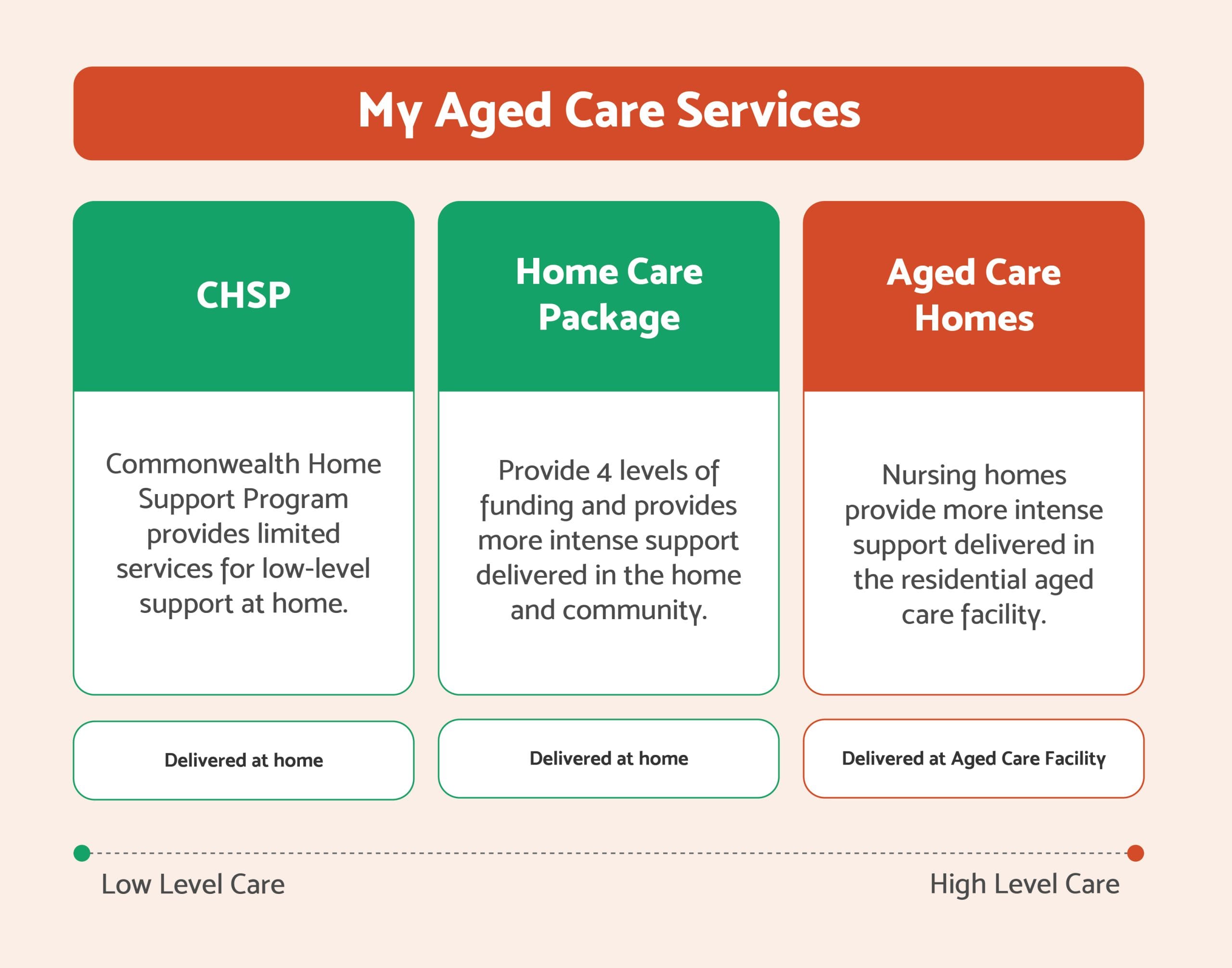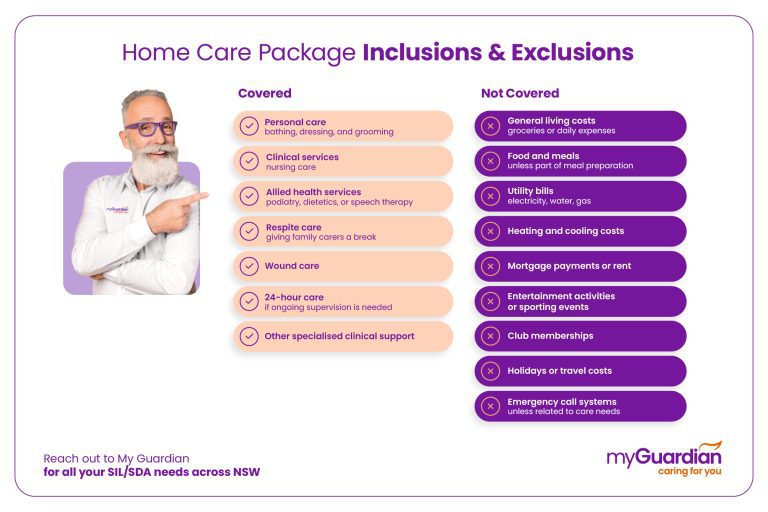How to select the right home care providers for NDIS disability support
How to select the right home care providers for NDIS disability support
Blog Article
Everything About Home Care Providers for Individuals With Disabilities: NDIS Registered Assistance
Home treatment services under the NDIS play a critical function in supporting people with handicaps. These services are made to improve daily living via tailored help, ranging from personal like movement support. Understanding just how to browse these options can be complicated. This summary explores the numerous aspects of NDIS home treatment, from available services to the choice of suppliers, highlighting essential considerations for those looking for assistance. The journey toward encouraged treatment starts right here.
Recognizing the NDIS and Its Function
The National Handicap Insurance Policy System (NDIS) functions as a transformative structure designed to offer assistance and services for individuals with impairments. Established to enhance the high quality of life and assurance equitable accessibility to vital resources, the NDIS equips participants by offering customized plans tailored to their one-of-a-kind needs. It intends to cultivate independence, allowing individuals to seek their individual goals and aspirations.Through an organized strategy, the NDIS allots financing for different assistances, including education, work help, and neighborhood involvement. This all-encompassing scheme not just concentrates on immediate care however likewise emphasizes long-term developmental end results. By advertising selection and control, the NDIS motivates participants to choose their recommended solution companies, assuring that treatment straightens with their preferences and values. Eventually, the NDIS stands for a considerable commitment to enhancing the lives of people with specials needs, cultivating inclusivity, and constructing a much more helpful society.
Types of Home Care Solutions Available
Different kinds of home care services cater to individuals with specials needs, largely focusing on personal treatment assistance and reprieve care options. Individual treatment assistance supplies essential assistance with everyday activities, while reprieve care uses momentary alleviation for primary caregivers. Comprehending these solutions is crucial for making certain the well-being of both people with impairments and their households.
Personal Treatment Assistance
While maneuvering everyday life can offer challenges for individuals with handicaps, personal care help supplies important assistance customized to their special demands. This kind of home treatment solution encompasses an array of activities made to promote independence and enhance quality of life. Individual care aides aid with everyday tasks such as bathing, clothing, brushing, and toileting, making certain people maintain individual health and comfort. They may additionally aid with dish preparation, drug management, and mobility assistance. By providing personalized care, these specialists equip individuals to engage even more totally in their daily routines and social activities. Generally, individual treatment aid plays a considerable duty in fostering dignity and freedom for those with handicaps, enabling them to grow in their home atmosphere.

Reprieve Treatment Options
Reprieve treatment acts as a crucial resource for family members and caregivers of individuals with disabilities, providing short-lived relief from the needs of everyday caregiving. This kind of solution can take numerous kinds, including at home break treatment, where trained professionals visit the home to help with treatment tasks. Conversely, family members might decide for facility-based break treatment, where people obtain treatment in a specialized atmosphere, allowing caregivers to take a break. In addition, some companies offer emergency respite services for unexpected situations. These alternatives not only aid minimize caregiver stress but also advertise the health of people with handicaps by providing them new experiences and social communication. Generally, respite care plays a vital role in supporting both caretakers and those they look after.

How to Accessibility NDIS Home Treatment Providers
Accessing NDIS home treatment services involves understanding the qualification criteria stated by the National Disability Insurance Policy Scheme. Individuals have to browse a structured application process to protect the necessary support tailored to their demands. This area will clear up both the qualification needs and the actions associated with looking for services.
Qualification Criteria Explained
To get approved for NDIS home treatment solutions, people have to fulfill particular qualification standards that examine their conditions and demands. Applicants need to be aged between 7 and 65 years and have a substantial and permanent handicap that affects their ability to execute day-to-day tasks. Additionally, they must be an Australian resident, an irreversible resident, or hold a Protected Special Category Visa. The NDIS requires evidence of the disability, normally via medical analyses or reports. Individuals need to demonstrate that they call for support to get involved in social and financial life. These requirements ensure that solutions are directed in the direction of those who truly need assistance, advertising independence and boosted quality of life for individuals with disabilities.
Application Refine Steps
Can I Choose My Very Own Assistance Workers Via NDIS?
The individual inquired whether they might choose their own support employees under the NDIS structure. Generally, individuals have the adaptability to pick assistance workers, fostering individualized care that browse around these guys lines up with their particular needs and choices.
What Happens if My Needs Change After Getting Assistance?
If a person's requirements modification after receiving assistance, they ought to communicate these changes to their solution company. Modifications can be made to the treatment strategy, making certain that the assistance remains efficient and relevant for their circumstances.

Are There Restricts on Just How Numerous Hours of Care I Can Get?
The individual asked concerning potential restrictions on the number of treatment hours obtained. Usually, such limits might exist based upon specific plans or funding plans, emphasizing the value of examining arrangements and guidelines regularly.
Can I Make Use Of NDIS Funding for Home Modifications?
The question of utilizing funding for home adjustments develops frequently. Generally, people might make use of NDIS funding for essential modifications to their homes, guaranteeing availability and safety and security, contingent upon conference particular eligibility requirements and standards.
Exactly how Do I Take care of Issues About My Home Treatment Providers?
To deal with grievances concerning home treatment services, individuals ought to initially record their problems. Then, they can communicate directly with their solution provider, looking for resolution, or rise the problem to relevant oversight bodies if necessary. Home treatment services under the NDIS play an essential duty in supporting individuals with specials needs. Numerous kinds of home treatment services home care providers cater to individuals with disabilities, mainly concentrating on individual care help and reprieve care options. support at home. Personal treatment aid gives vital support with daily tasks, while break treatment provides short-lived relief for primary caretakers. Family members might decide for facility-based break treatment, where people get care in a specialized setting, allowing caregivers to take a break. Exactly how can family members successfully take care of the economic elements of home care services for people with handicaps?
Report this page